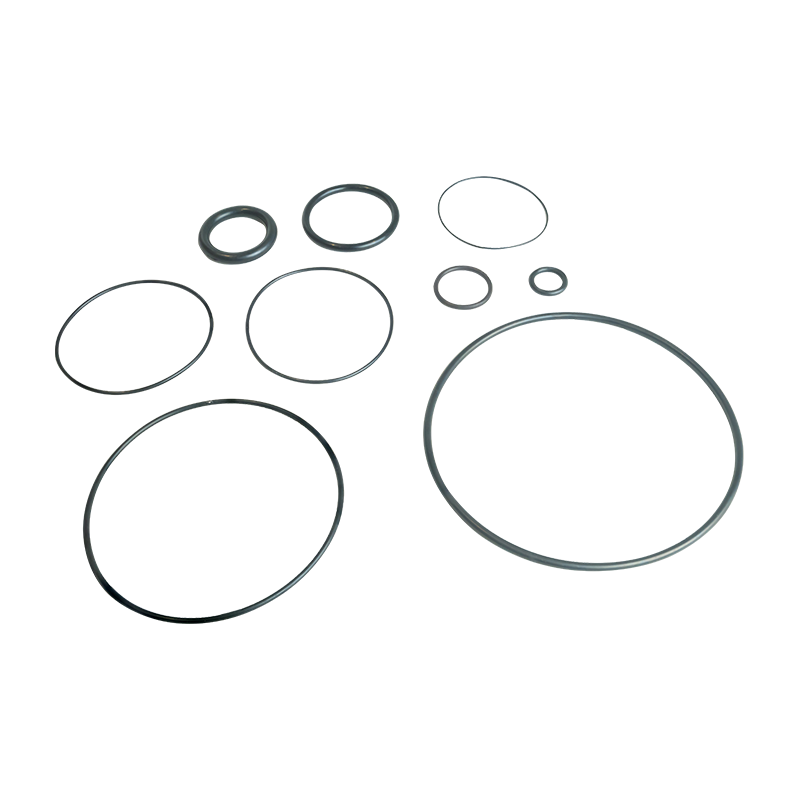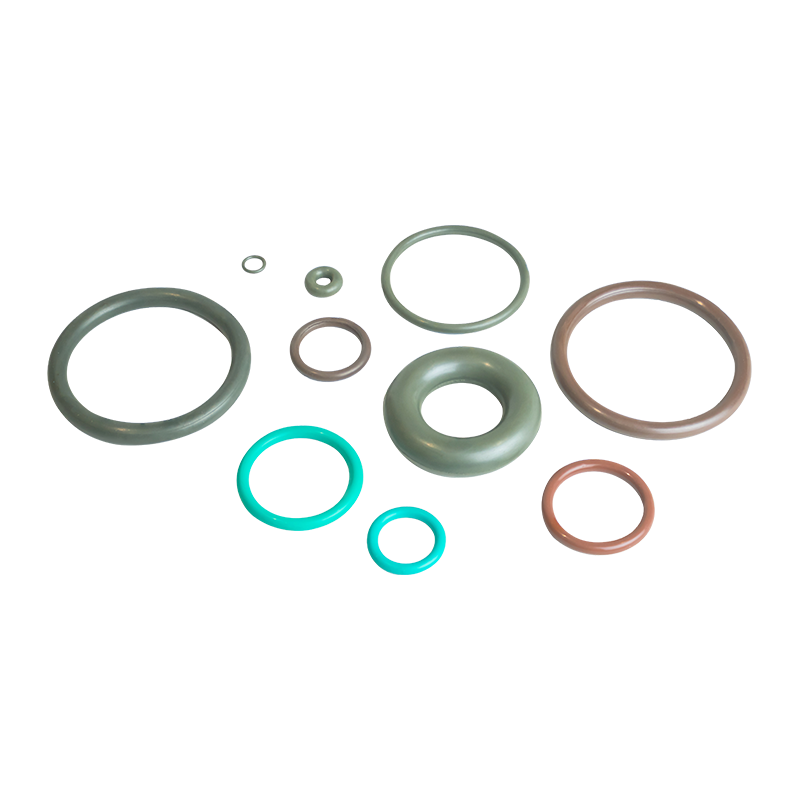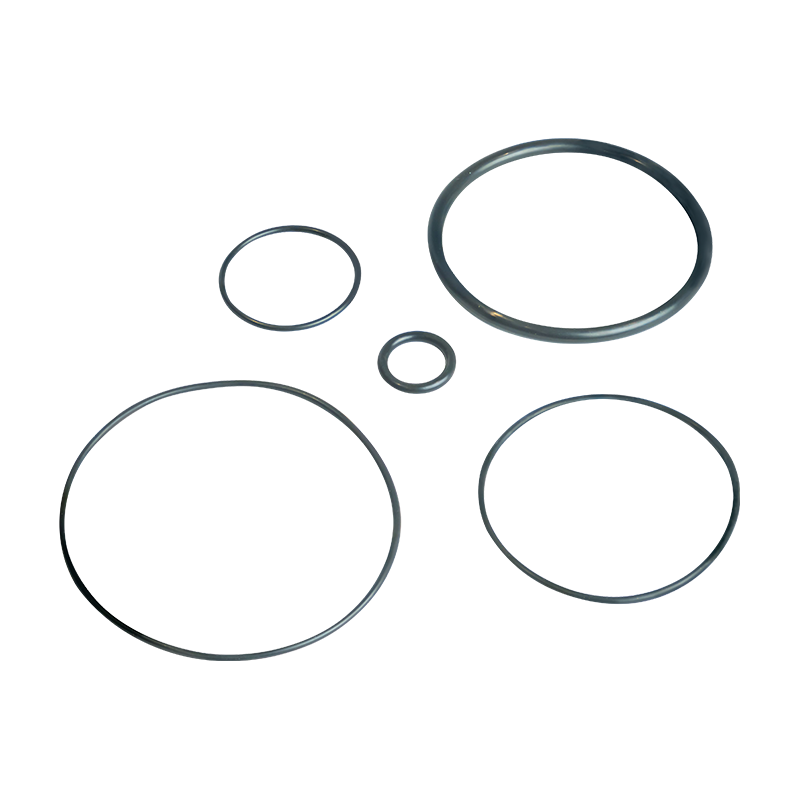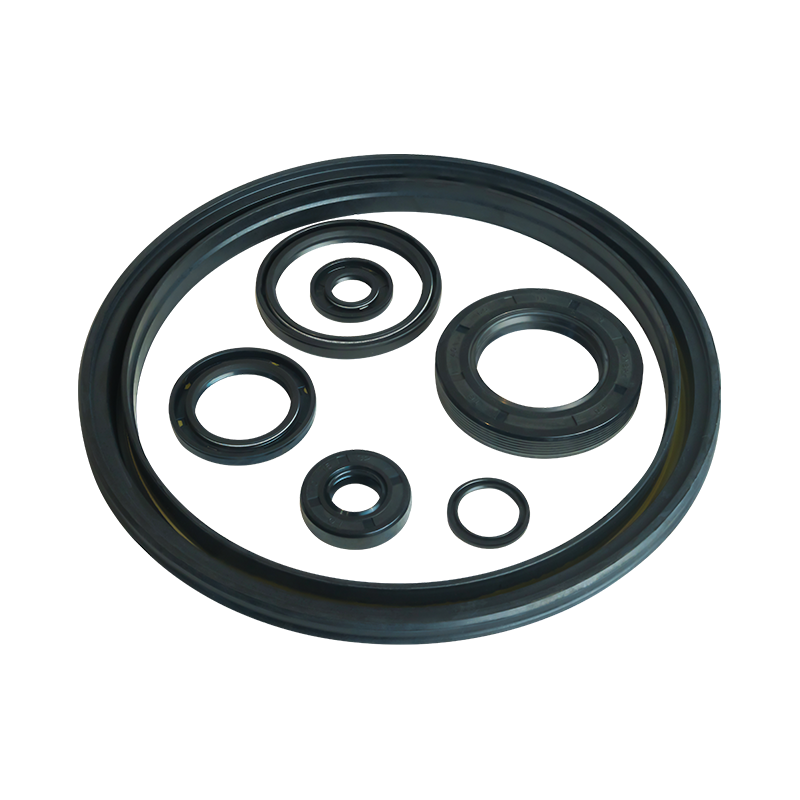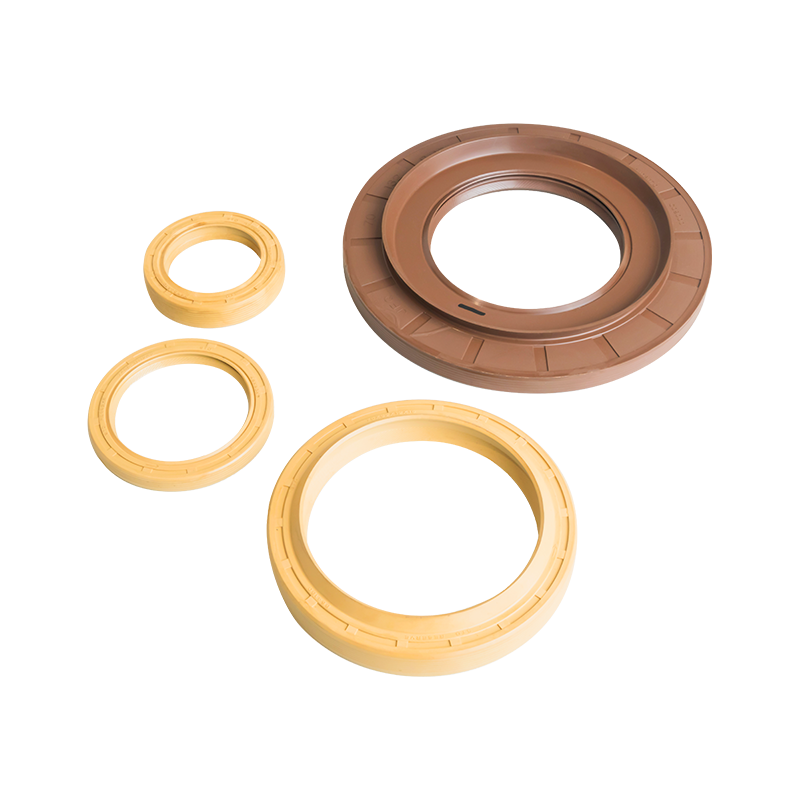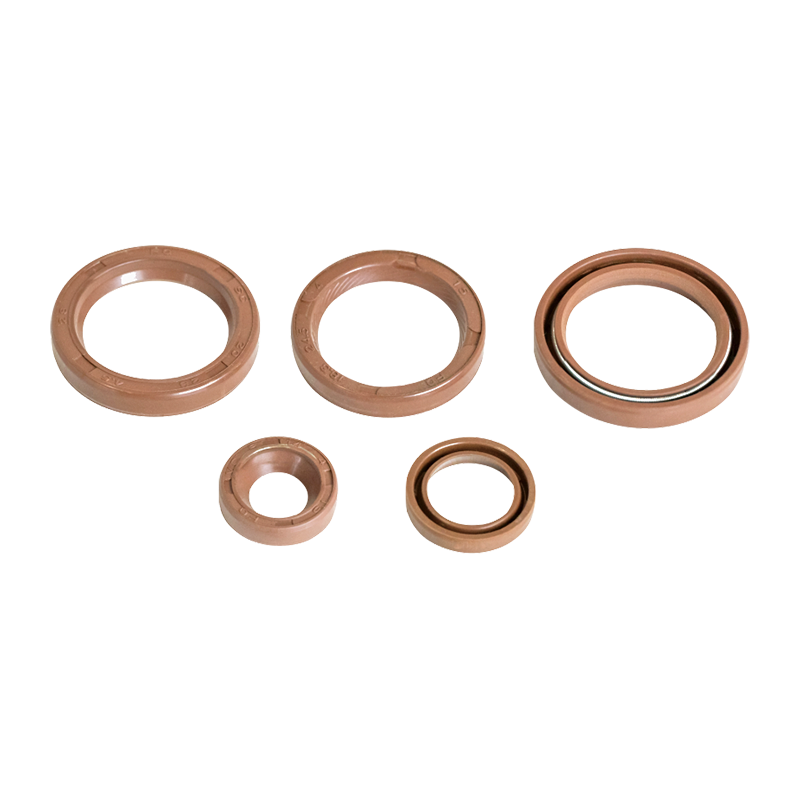Unlocking the Secrets of High-Performance Pipe Rubber Seals: A Comprehensive Guide
When it comes to ensuring the performance of your automotive components, high-performance pipe rubber seals play a crucial role. These small yet mighty parts are responsible for creating a tight seal between different pipe connections, preventing leaks and ensuring smooth operation. In this comprehensive guide, we will delve into the material composition of high-performance pipe rubber seals and explore how they contribute to the overall functionality of your vehicle.
What Are High-Performance Pipe Rubber Seals?
High-performance pipe rubber seals are specially designed seals made from rubber materials that are engineered to withstand high pressure, temperature fluctuations, and exposure to various chemicals. These seals are commonly used in automotive applications to prevent fluid leakage and maintain the integrity of pipe connections.
The Importance of Material Composition
The material composition of high-performance pipe rubber seals plays a significant role in their performance and longevity. Different rubber compounds offer varying levels of resistance to heat, chemicals, and pressure, making it essential to choose the right material for your specific application.
Common Materials Used in High-Performance Pipe Rubber Seals
1. Nitrile Rubber (NBR):Nitrile rubber is a popular choice for high-performance pipe rubber seals due to its good resistance to oil, fuel, and other petroleum-based fluids. This material is also known for its durability and flexibility, making it ideal for automotive applications.
2. Fluoroelastomer (FKM): Fluoroelastomer is a high-performance rubber material that offers exceptional resistance to heat, chemicals, and high temperatures. This material is commonly used in applications where conditions are present, such as in high-performance engines and industrial machinery.
3. Silicone Rubber: Silicone rubber is known for its good flexibility, temperature resistance, and biocompatibility. This material is often used in high-performance pipe rubber seals for medical and food-grade applications due to its non-toxic nature and ability to withstand a wide range of temperatures.
Choosing the Right Material for Your Application
When selecting the material for your high-performance pipe rubber seals, it is essential to consider the specific requirements of your application. Factors such as temperature, pressure, fluid compatibility, and environmental conditions should all be taken into account to ensure the performance of your seals.
FAQs
1. What is the material for high-performance pipe rubber seals?
The material for high-performance pipe rubber seals depends on the specific requirements of your application. Nitrile rubber, fluoroelastomer, and silicone rubber are common choices for different applications.
2. How do high-performance pipe rubber seals prevent leaks?
High-performance pipe rubber seals create a tight seal between pipe connections, preventing fluid leakage and maintaining the integrity of the system.
3. Can high-performance pipe rubber seals withstand temperatures?
Yes, certain rubber materials, such as fluoroelastomer and silicone rubber, are designed to withstand high temperatures and conditions.
4. Are high-performance pipe rubber seals resistant to chemicals?
Yes, high-performance pipe rubber seals are engineered to resist a wide range of chemicals, making them suitable for various industrial applications.
5. How long do high-performance pipe rubber seals last?
The lifespan of high-performance pipe rubber seals depends on various factors, including the material composition, application, and maintenance practices.
In conclusion, understanding the material composition of high-performance pipe rubber seals is essential for ensuring the performance and longevity of your automotive components. By choosing the right material for your specific application and considering the various factors that influence seal performance, you can enhance the efficiency and durability of your systems. High-performance pipe rubber seals play a vital role in preventing leaks and maintaining the integrity of pipe connections, making them indispensable components in the automotive industry.
Sray up to date with allour recent products
- Address: No. 6 Yangsha Road, Chengbei Industrial Park, Huilong Town, Qidong City, Jiangsu Province China
- Phone: +86-13906283641+86-18934546679
- Fax: +86-0513-83698022
- Email: [email protected]




 English
English русский
русский 中文简体
中文简体

